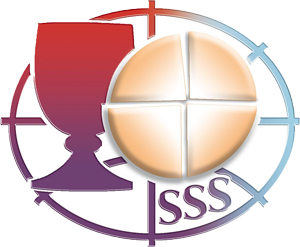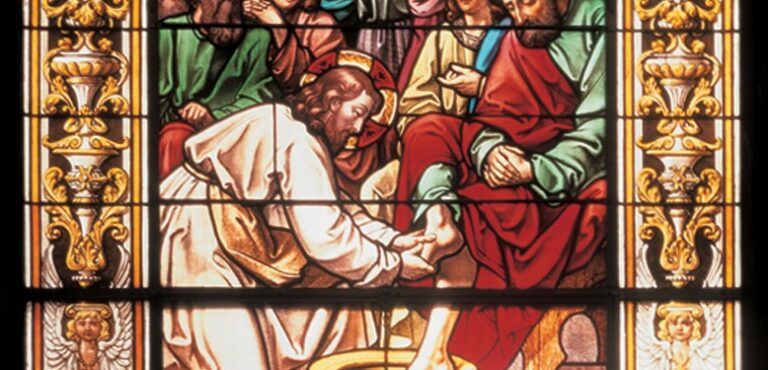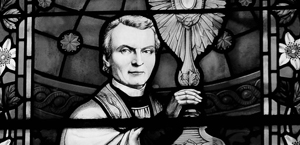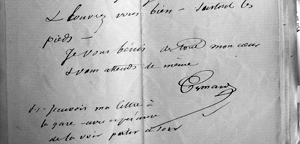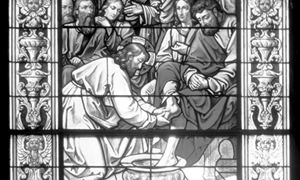Discernment: Theology and Practice, Communal and Personal. By Ladislas Orsy, SJ. Collegeville, MN: Liturgical Press, 2020.
Ladislas Orsy SJ
This work is a slightly amended version of his 1976 volume, “Probing the Spirit: A Theological Evaluation of Communal Discernment. This earlier monograph was written for Jesuits who followed their founder, St. Ignatius Loyola, SJ. How does one discern God’s will and what is the role of one’s critical and human intellect, and free will to achieve the will of God?
The Introduction which precedes the five chapters or questions the author develops, is very important, because it introduces the issues which are the body of the book. The five questions are the following:
The first question concerns the theological foundations of communal discernment. It is about the way in which Jesuits try to discern God’s will through prayer and contemplation. They learned from St. Ignatius Loyola that one can experience consolation and desolation. The first brings peace, joy and sense that grace from God and the guiding of the Holy Spirit are present. The second, on the contrary, brings sadness, being alone, doubt, worry.
The second chapter asks what are the legitimate expectations of the community discernment? The third question is what the Community should not expect. For example, the community does not have a right to tempt God by trying to grant them some extraordinary gift (private revelation, mandate of prophesy, etc.) It may not be God’s time; it may be later. The fourth chapter distinguishes the role of legitimate and active authority and the other members of the community. All the members of the community need to express what they think. Dissent may be expressed and can be a part of a better resolution. Each person is part of the process and resolution. The fifth chapter discusses the practical guides that follow from the theological reflections.
After the five chapters/questions, Orsy adds “In Place of Conclusion.” There is a bibliography added for further reading. Orsy indicates that discernment as the Jesuits understand it, is not choosing matters of every day; for example, the decision to create a religious society. Orsy indicates that his book can also be helpful for personal discernment. This book at the hands of Orsy, is enlightening and masterful.
Ladislas Orsy, SJ is visiting professor of jurisprudence at Georgetown University Law Center. He taught Canon Law at the Gregorian University during the Second Vatican Council. Later he taught at Fordham University and the Catholic University of America and Georgetown University.
Ernest Falardeau, SSS
Posted on January 27, 2022 by Fr. Ernest Falardeau, SSS
